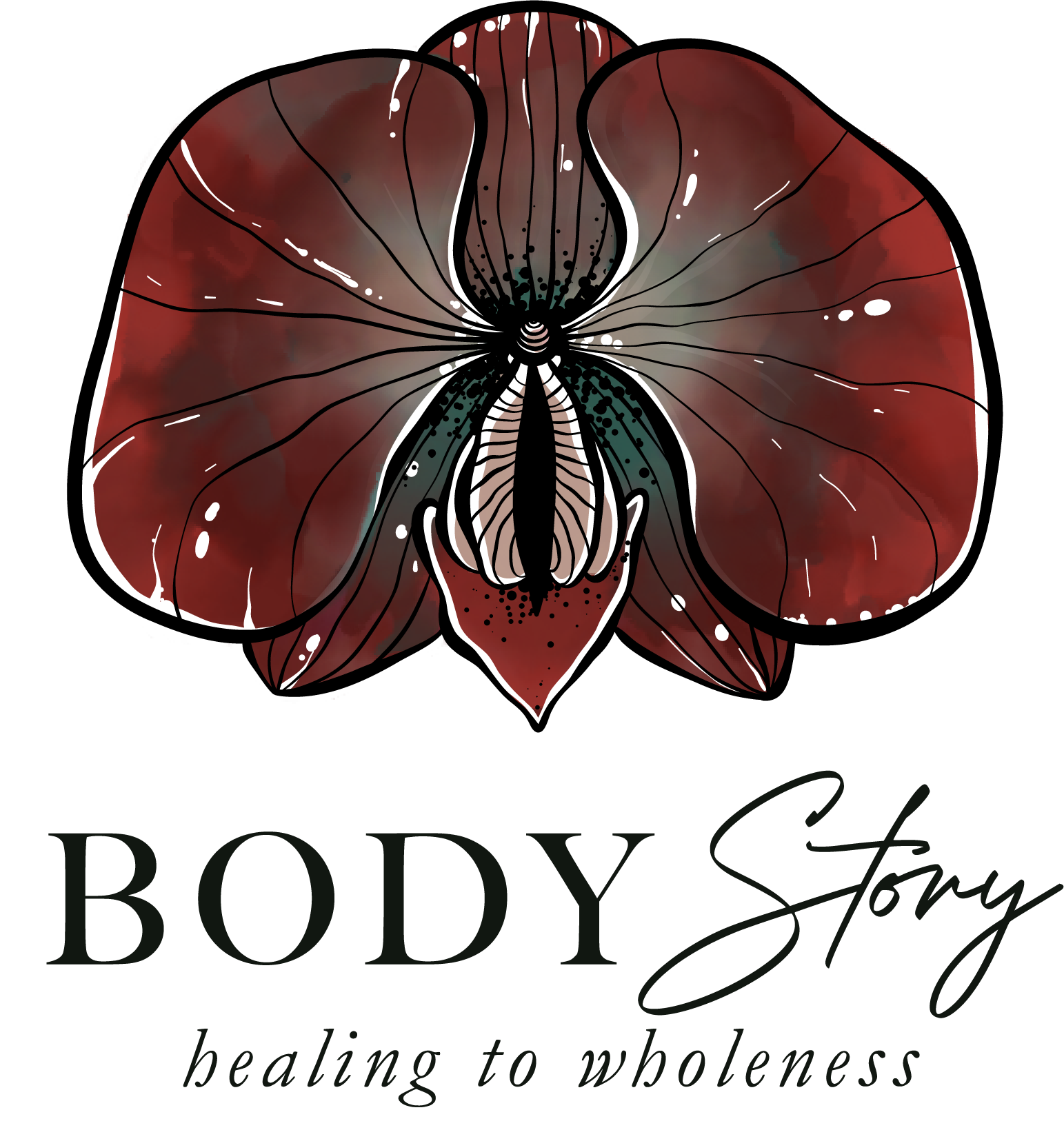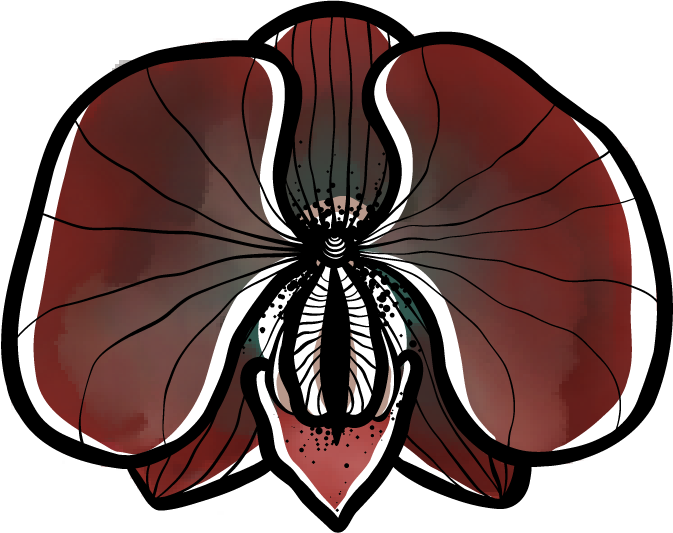When my daughter was born I asked for two weeks of no visitors. Not even grandparents. Not even well-meaning friends who wanted to drop off food. I’m certain I offended somebody in this request, but I did not care.
What I cared about was transitioning into being a caretaker, a role that requires careful and constant inward attention. That “inward attention” wasn’t a typo — paying attention to yourself is what makes us better caretakers.
Burnout happens because a caretaker’s attention is constantly drawn outward toward the thing we care for (i.e., another person). But attention is a two-way street. Health looks like knowing how to safely walk both ways.
Those who are drawn to a caretaking role often have a history of neglecting the inward direction. Caretakers are most comfortable asking “What do you need?” to everyone but themselves.
Tending to your own needs doesn’t necessarily mean more pedicures. Self-care means dedicating your life to asking the question, “Why should I do this?” and doing whatever you need to do to get on the side of the answer behind all the answers: “Because I am being asked to do it.”
Sure, a pedicure could help, but likely it runs deeper.
Sometimes self-care means sitting with the discomfort of being asked to do hard things. Sometimes it means admitting that the discomfort has moved into full-on pain, the kind that is requesting a different course. No matter how it looks, the best self-care always leads us inward.





